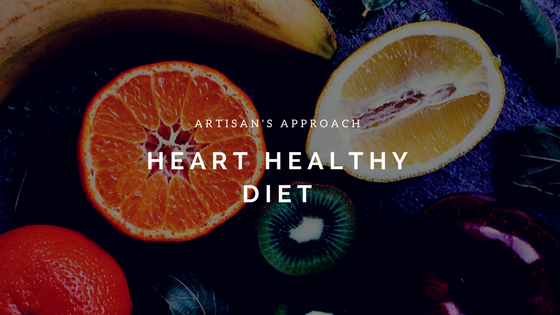In this video, leading cardiologist and advocate for precision medicine, Dr. Aarush Manchanda, explores what effect diet plans can have on our health, and what foods we should be eating to make sure we maintain a healthy heart.
Dr. Manchanda begins by explaining that everyone has their own diet plan, and it’s not necessarily the specific diet that makes a difference to your heart health. For example, the Atkin’s Diet focuses on eating lots of protein – but it doesn’t matter whether you’re eating lots of animal or plant protein. Instead, it’s all about how many calories you’re consuming and burning.
How Many Calories Should You Consume to Maintain a Healthy Heart?
Your recommended calorie intake will depend on a number of factors, including your age, gender, and physical activity level. This calorie intake is what you need to survive, as it helps you to think, breathe, sleep, eat, and keep your organs working. But, when you hit this basal metabolic rate (BMR) and your calorie intake starts to exceed this, that’s when your body starts to store fat.
Therefore, it doesn’t matter what you’re eating, whether it’s proteins, sugar, or health foods because once your body has gone past its daily calorie allowance, anything you eat is being stored in your body as fat. And this is what causes metabolic syndrome, which is a combination of unhealthy factors, such as excess fat around the waist, high blood sugar, high blood pressure, and abnormal cholesterol levels. This culmination of issues can then lead to diabetes, strokes, and heart disease.
The moral of the story? Anything in excess isn’t good for you (at least, when it comes to food)!
A Diet that’s Healthy for Your Heart
It can be difficult to know what foods you should or shouldn’t be consuming, especially when there are new fad diets appearing all the time. But the key thing to remember is, a lot of what you eat helps to control your health, particularly when it comes to your heart.
That’s why Dr. Manchanda recommends a heart-healthy diet which focuses on low levels of processed foods, sugar, unhealthy fats, and sodium; has reasonable portion sizes; and is high in vegetables and fruits. Consuming too much sugar, fat, and sodium, combined with a lack of exercise, is not going to help you to maintain a healthy heart and will increase your risk of developing heart disease.


Leave a comment